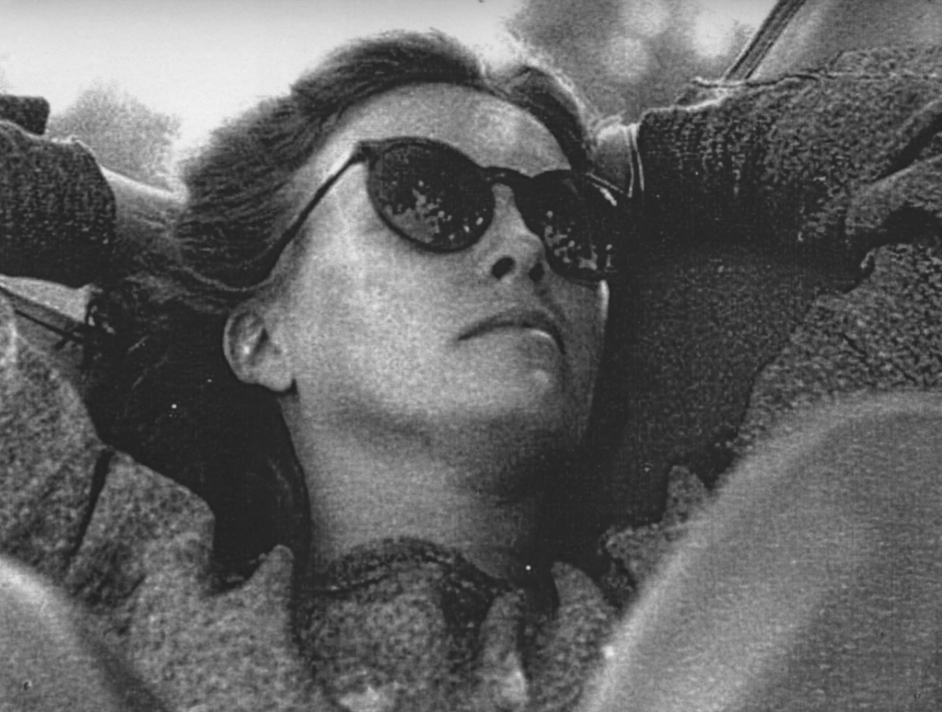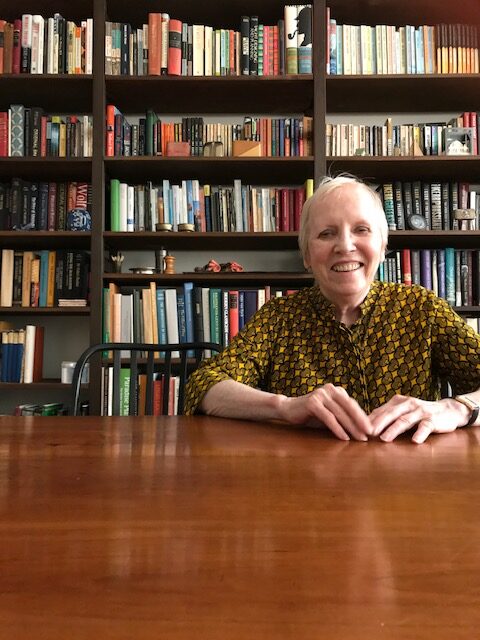GOING ON
Years ago, when Shirley and I lived in Quebec, we regularly took a few days off during the winter to stay at a country inn in the Laurentians, north of Montreal. It was run by a German family, and the hearty food—schnitzel and kartoffelklöße—was a big part of the attraction. So was the cross-country skiing. We could ski out of the front door of our house in Hemmingford, but it was quite flat so hilly terrain was more fun. The trails were long and the area was quite wild. One day we went out, and after several hours I had to admit that we were quite lost.






